
AI Vey (Shared as a Public Service.)
The Reductionist is really growing to love The Economist, and not just for the famous ads-in-the-red-box they’ve put out over the years. Since deciding to pay the paywall piper, I’ve been consistently impressed by the thinking, the “there’s more to the damned planet than just US” insights, and, yeah, the writing. In that spirit, here’s a goody excepted from this morning’s highly relevant missal:
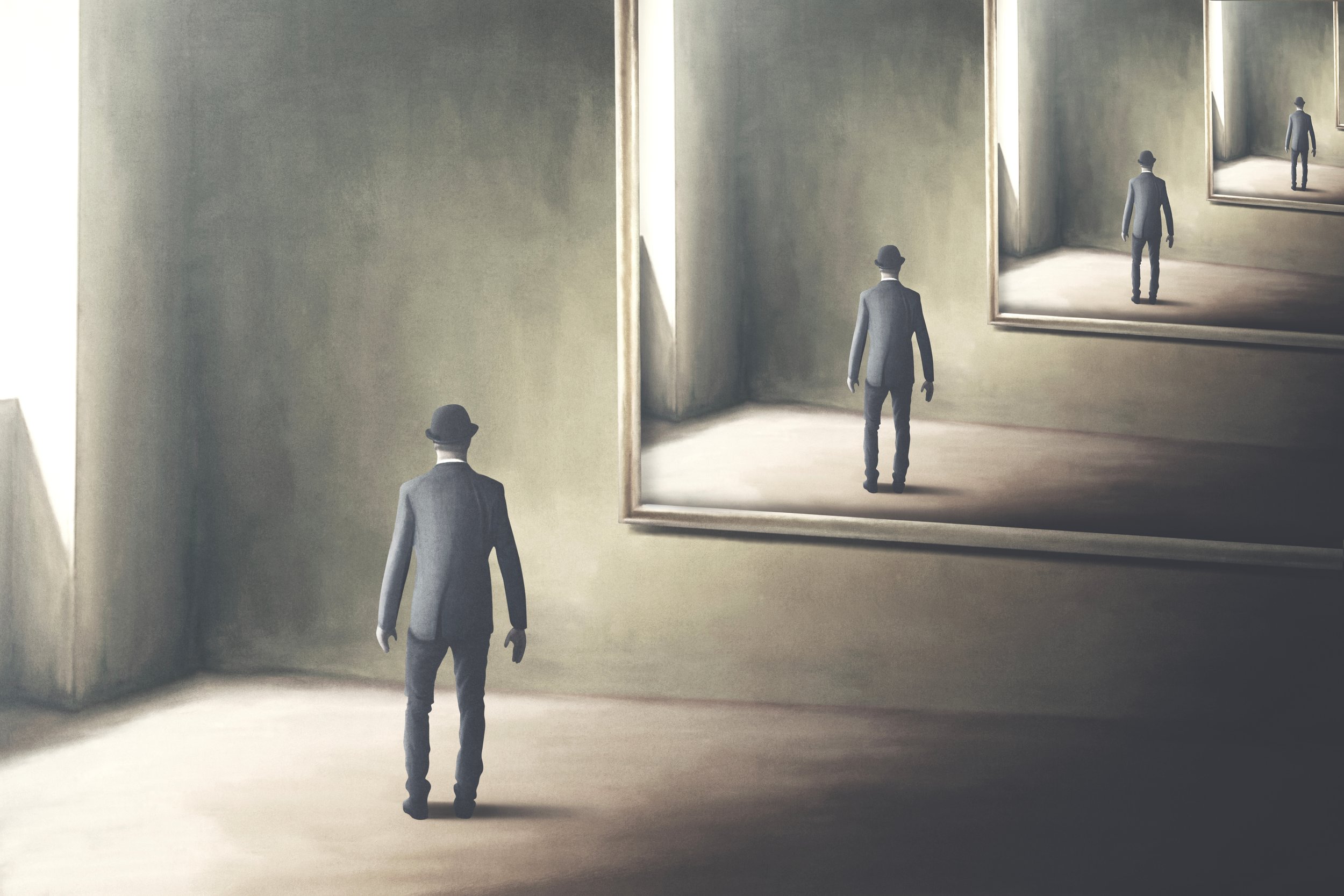
The end of an error.
Since everyone and their crazy tweeting uncle is weighing in on the Chris Licht topping at CNN, I can’t resist joining the chant. This comes from smidge of experience: mid-aughts, I had a minutes-long brush up against the network as a small part of a tiny squad that was brought in to help another quickly fired CNN CEO parse a brand path forward.

CMO, CAIO, EIEIO.
Then there was this Ad Age headline that started with “Future of Chief Metaverse Officer: How Brands are Rethinking Future of Web 3.0.” Full stop.
You mean there’s such a thing as a CMO, with the “M” meaning metaverse?
Talk about a disturbance in the Force. As someone who prides their own damn selves on keeping up with the industry’s latest and leastest, I clearly missed the digital boat on this one.
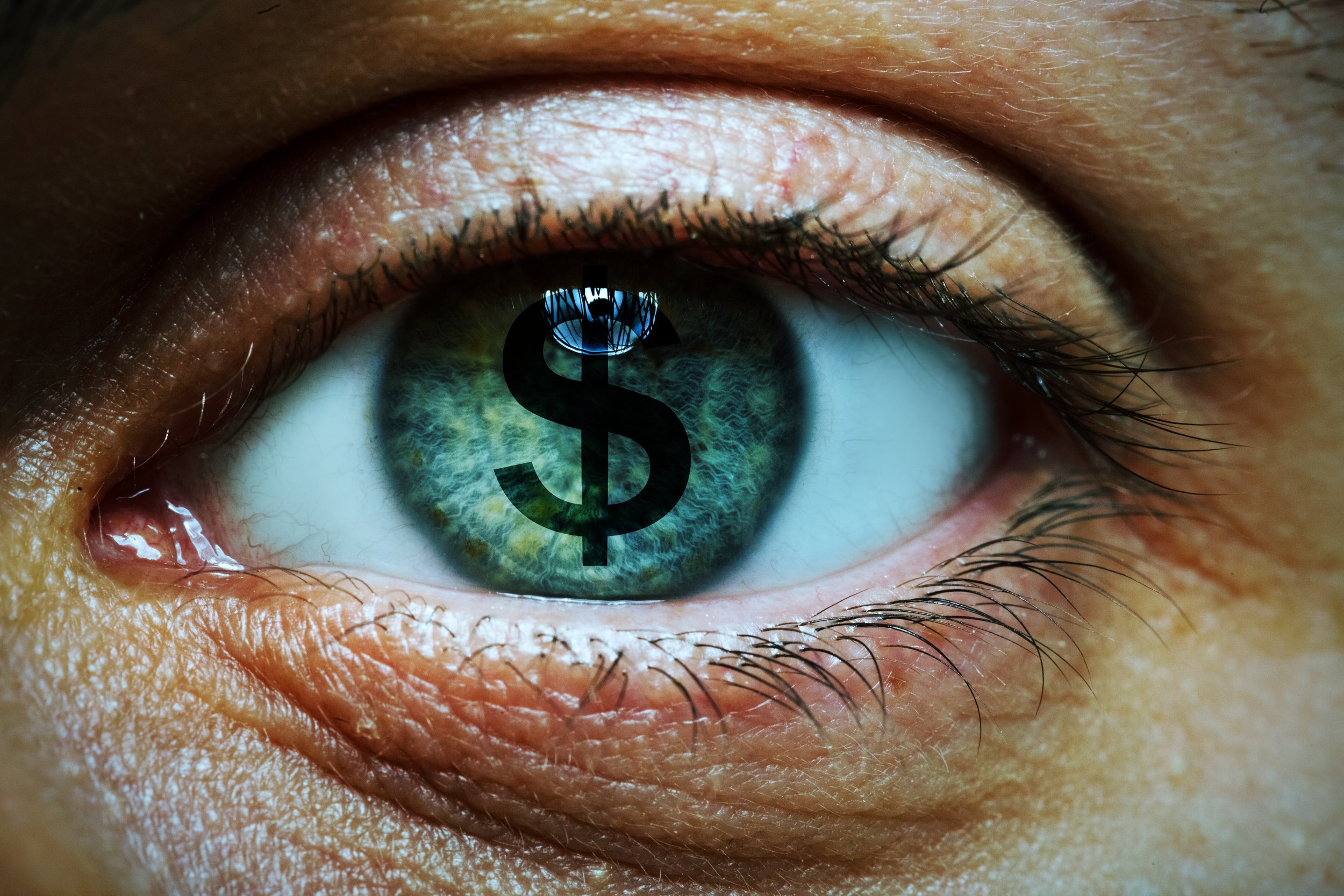
Truth be told.
Then there’s the famous Picasso quote, “good artists copy, great artists steal.” Offers a sort of moral air cover for those of us who make no claim to greatness, but are in a larcenous frame of mind. Or, at least, its plagiaristic equivalent.

From the department of what could possibly go wrong:
“ChatGPT meets Robinhood? New investing app features AI-powered portfolio mentor.” – CNBC 4/27/23
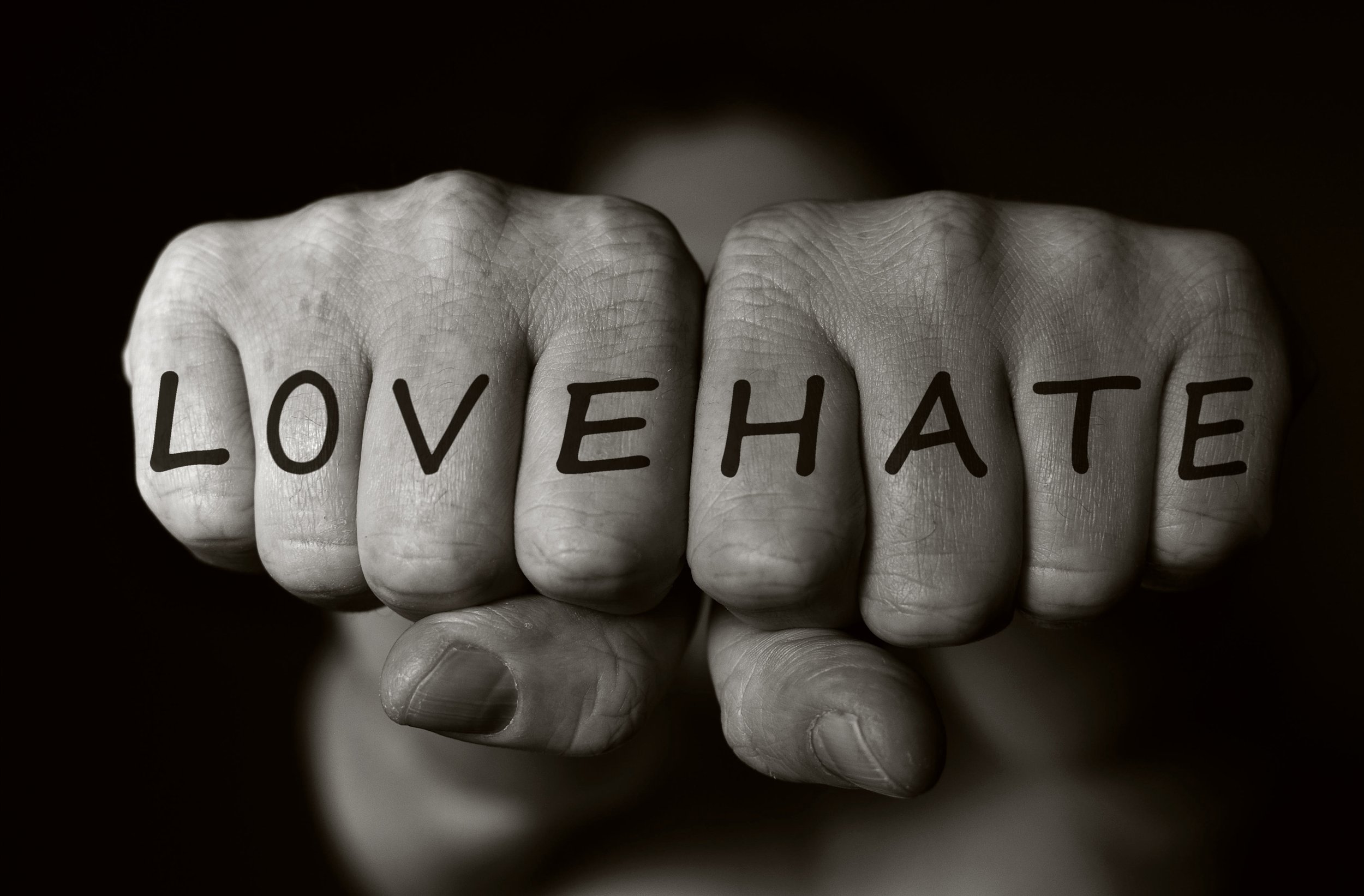
On the matter at hand.
It’s good.
It’s evil.
It’s happening all at once.
It’s endlessly evolving.

If you don’t have anything nice to say.
According to a recent survey conducted by something called “The Influencer Marketing Factory”—no whiff of self-interest there—58% of American adults are now following a “virtual influencer” on social media.

Paying It Forward.
George Tannenbaum was kind enough to share this documentary with his large audience of readers, and I can think of no better public service to fellow sufferers in adland than to post it again.

Myth-management.
The advertising sky is falling, the advertising sky is falling.
Isn’t it? Isn’t it?
Could be. Although economist Paul Krugman’s analysis might lead the curious to wonder if our recessionary demise might be a shade over-reported.
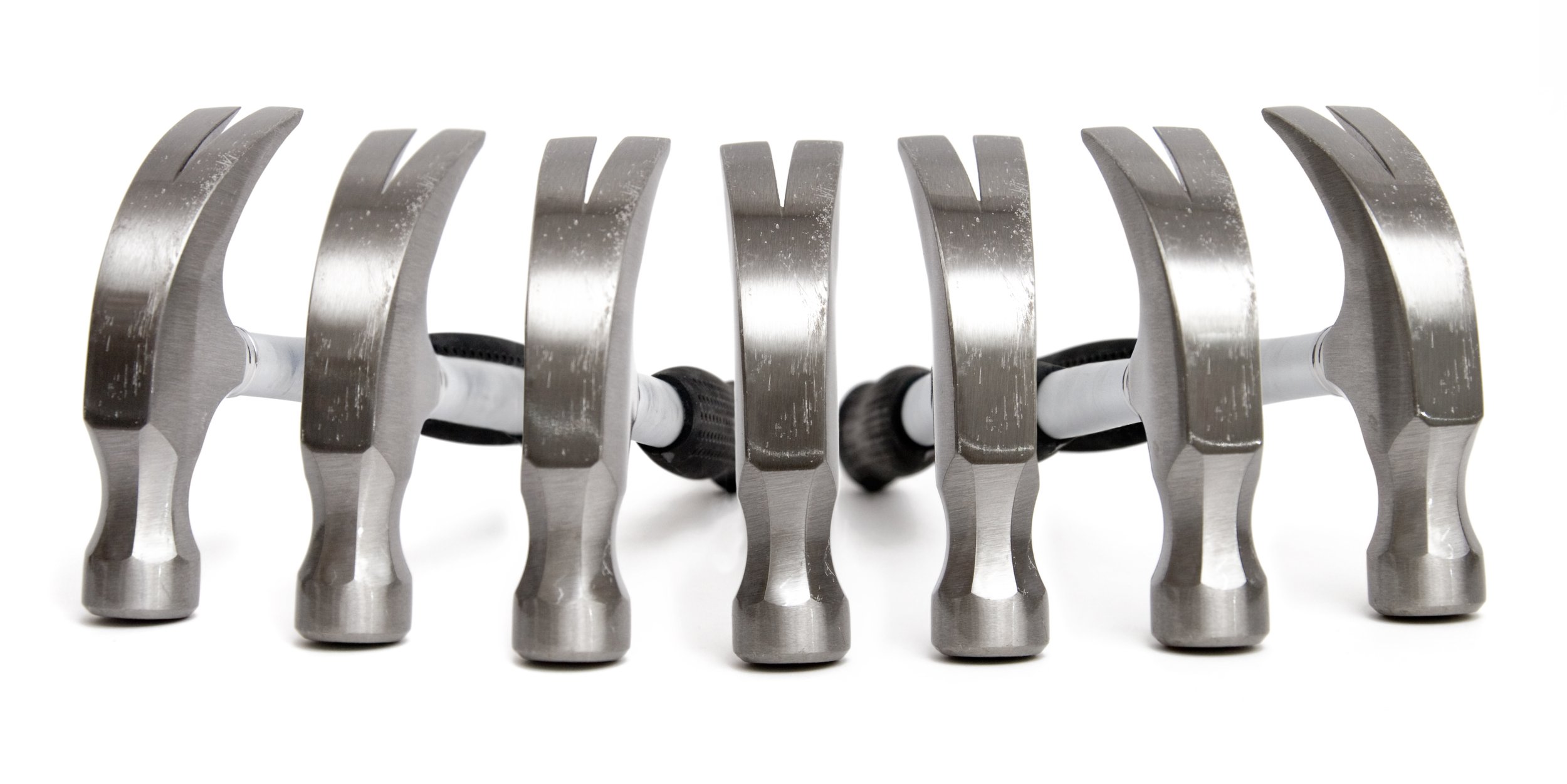
Identical Nails.
Even the youngest stan of big red trucks, clambering ladders, clanging bells, and flashing lights knows about sticking your head in front of a firehose: water up the schnoz, undertow ears, soggy hair, hypothermic shivers to follow. So, you ask, why bother trying to keep up with the rage fest about AI replacing thee and me that’s eating up the ad business?

Nothing Doing.
Superbowl advertising won’t be better or worse that it always is. And it never will be.
Come to think of it, advertising, as industry won’t discover it has anything in common with any of the characters in the Wizard of Oz (except maybe the Wizard). Hearts, courage, and conscience will remain on too many dusty agency supply room shelves, unasked-for.

Blinkered & Blinders.
In case you missed the “breaking news” on your preferred 24/7/365 news network a couple of weeks ago, this was just in: Meta announcing that, soon, very soon, formerly legless avatars will be able to ambulate through all those thrilling virtual spaces on their own two props.

Flip, Flop, Fall.
Been thinking of late about what should probably be known as the Kelly-Carroll Equine-Porcine Proposition: “If wishes were horses, pigs would fly.” Both halves are grounded in Scottish lore—James Kelly published the former half in his 1721 book of rhymes and proverbs; Lewis Carroll drafted on the centuries-old local porker proverb in “Alice” for the latter.

Bernbach to Gershwin: A Tune You Can Hum.
Funny how these things happen.
Was sitting outside on an increasingly fall-like Manhattan day, still too damned muggy and hot, but the seasonal shift is palpable, when on streams Gershwin’s classic, “It Ain’t Necessarily So.”
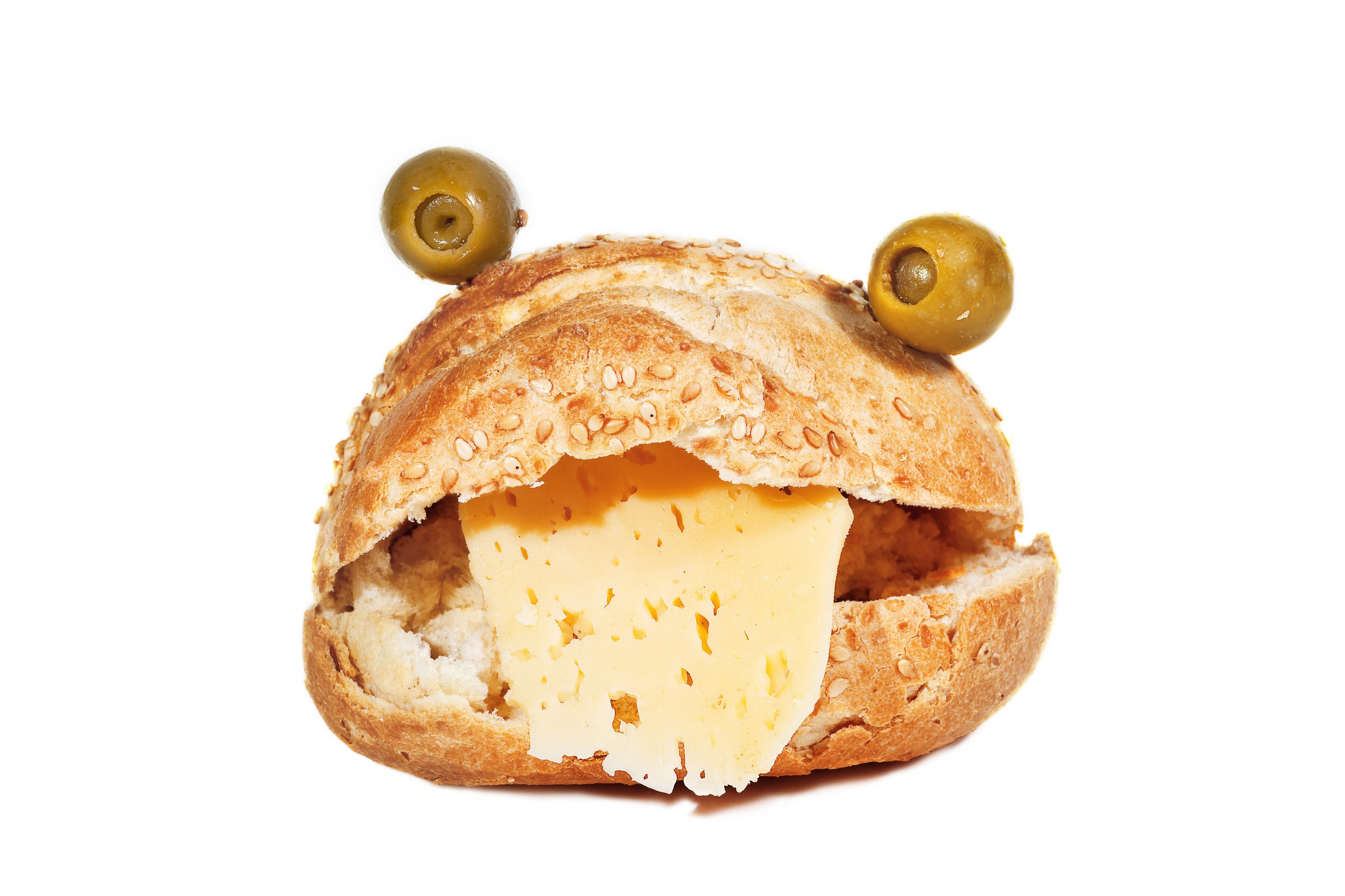
Uncertainty Bites.
Forget the best and worst, for my inflation-shrunken dollar it’s the liverwurst of times: a queasy sandwich made with bread slices of dubious provenance surrounding cardiologist-upsetting mystery meat slathered with a suspect white substance scooped from a bottle embellished by strange gray spots, greasy fingerprints, and a crusty splash of old yellow mustard.
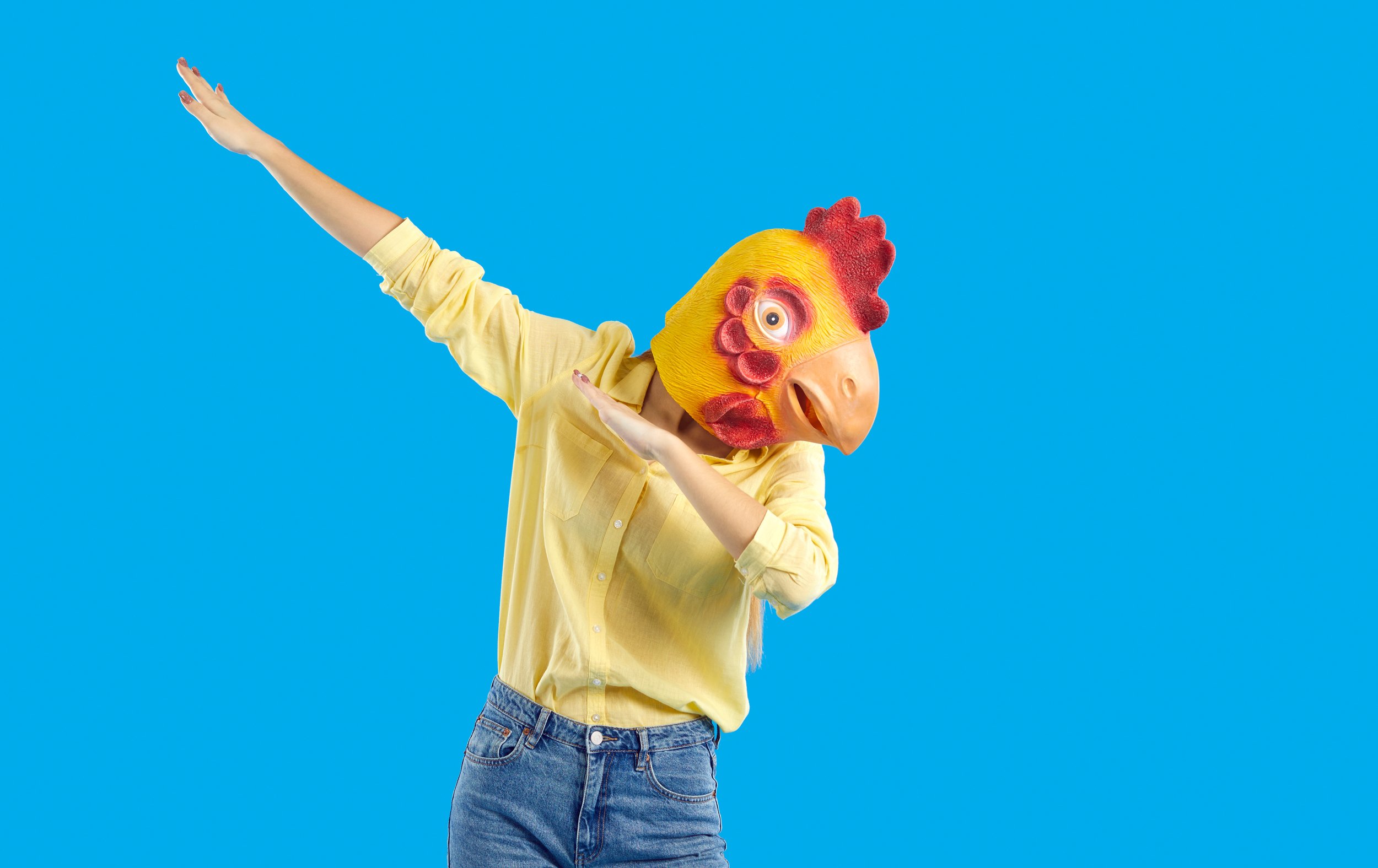
Things to chew on (besides your lip).
1. From a recent Media Village post.: “The key asset of Facebook was the network effect of its social graph (all your “friends” were there)…TikTok practiced asymmetric warfare by eschewing the social graph and replacing it with an interest graph.…”

Shades of Gray in 6K.
Can’t resist milking the old Jewish joke: The pessimist says, “things couldn’t possibly get any worse.” To which the optimist replies, “Sure they could!”

Déjà vu all over.
History may not repeat, but it sure knows how to slam a hip hop lyric. Okay, that doesn’t sound great coming from a pale and male (not stale, never stale) writer of a certain age. But, damn, the more things change, the more you hear discordant echoes.

Brainchild uses world’s simplest press release to announce new website
It tells people what we do, what we believe, what we’ve done, and, what’s in it for them. And that’s that. brainchildcreative.com

South of France, North of Truth.
You want to know the only thing that really matters in advertising?
The work.
You want to know why most advertising seems so empty, unexciting , almost vapid, of late?
The work.
You want to know why we have opportunity to make advertising more than it’s ever been?
The work.
